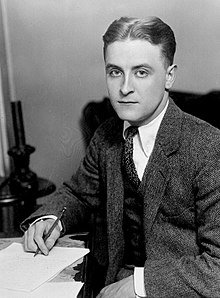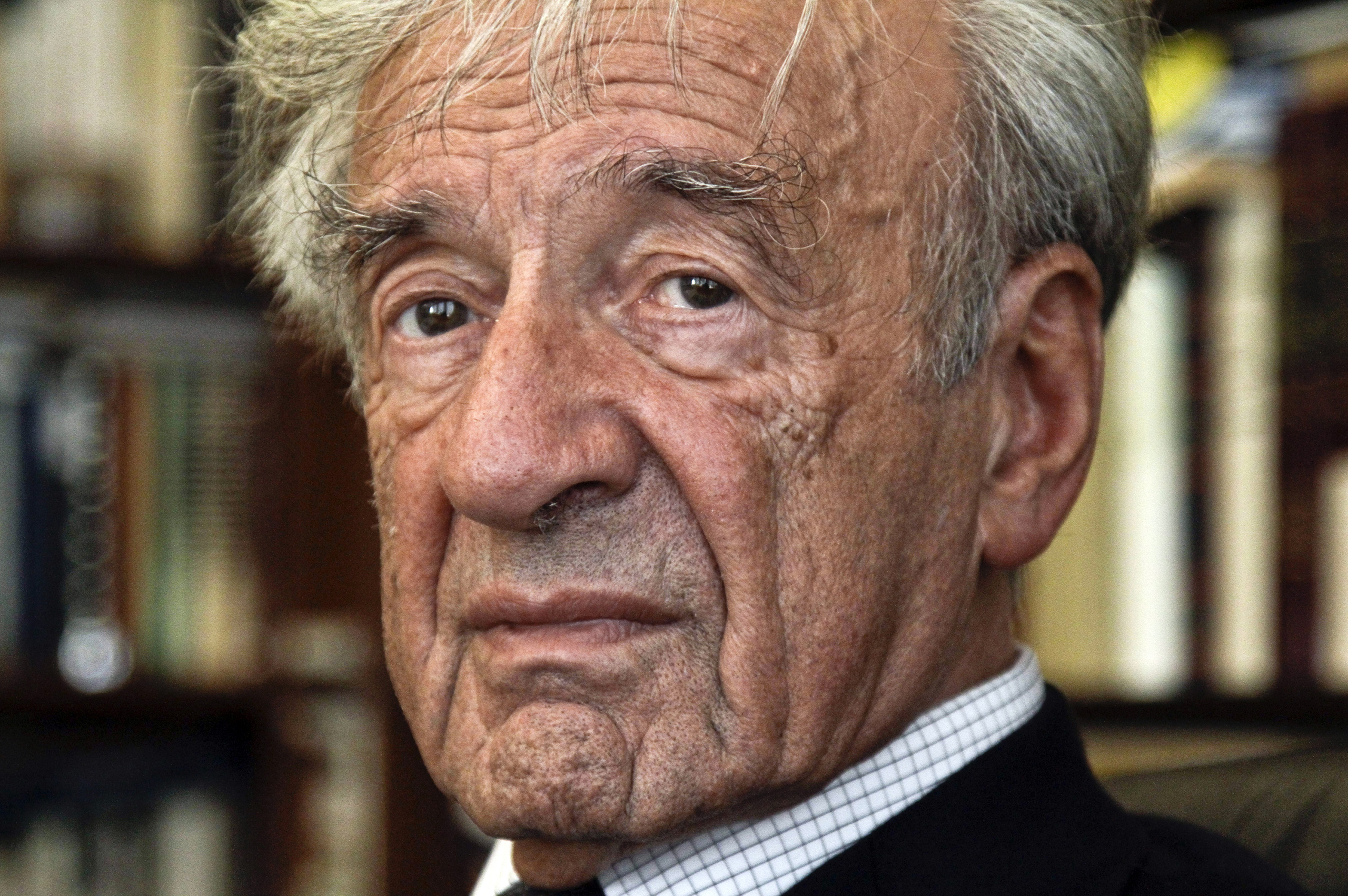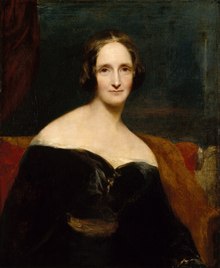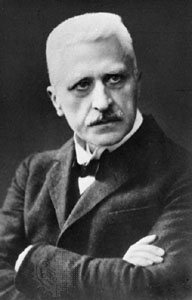What's grace? In its purest form, grace is something undeserved, something freely given, freely given quite apart from the recipient’s standing, ability, or merit, something the recipient didn’t expect to receive. Anyone who has read Victor Hugo's Les Miserables knows one example of grace. Even though the priest in whose house Jean Valjean spent the previous night is aware that Valjean is taking the household silver, he lets him leave, anyway, without retribution. We don’t deserve grace, but without grace the world would not be.
 In its richest sense, grace connotes dependency, a dependency on beings with greater power than oneself. Though we human beings may loathe dependency, we really cannot live without it. We really cannot live with grace.
In its richest sense, grace connotes dependency, a dependency on beings with greater power than oneself. Though we human beings may loathe dependency, we really cannot live without it. We really cannot live with grace.Charlie Fowler was a star mountaineer who put up numerous first ascents across the world, including Alaska, the Himalayas, and Antarctica. His power was monstrous. In November of 2006, however, while climbing a new route in the Pakistani Himalayas (with a fellow mountaineer), he was trapped in an avalanche and died. Some might have said that despite any personal failings Charlie may have had, the mountains had been good and gracious to him, that the mountains had shone upon him for many years, that he was blessed with constitution and circumstance to make astoundingly spectacular ascents.
All this was definitely true. In the bigger picture, however, Charlie was dependent upon grace. He was dependent on his genetic heritage, he was dependent on his abilities, he was dependent on the gracious "behavior" of the mountain.
In the bigger picture, grace must come from beyond this world, from beyond what we think or see, from beyond what we can know, from beyond what we might think. It must come from a personality greater than the present, for genuine grace must be able to overpower the present—and the future as well.
Only then can we live in it.
Rest in peace, Charlie. We miss you.












/cdn.vox-cdn.com/uploads/chorus_image/image/69812720/GettyImages_1337203006.0.jpeg)

